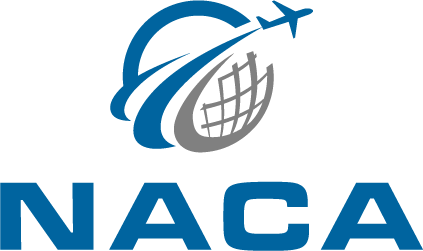About Our Association
NACA, founded in 1962, is a trade association comprised of seventeen air carriers, certificated under Title 14, Part 121 of the Code of Federal Regulations.
Contact Us
1735 N Lynn Street,
Suite 105,
Arlington, Virginia 22209-3928
Phone No: (703) 358-8060
Email: [email protected]

